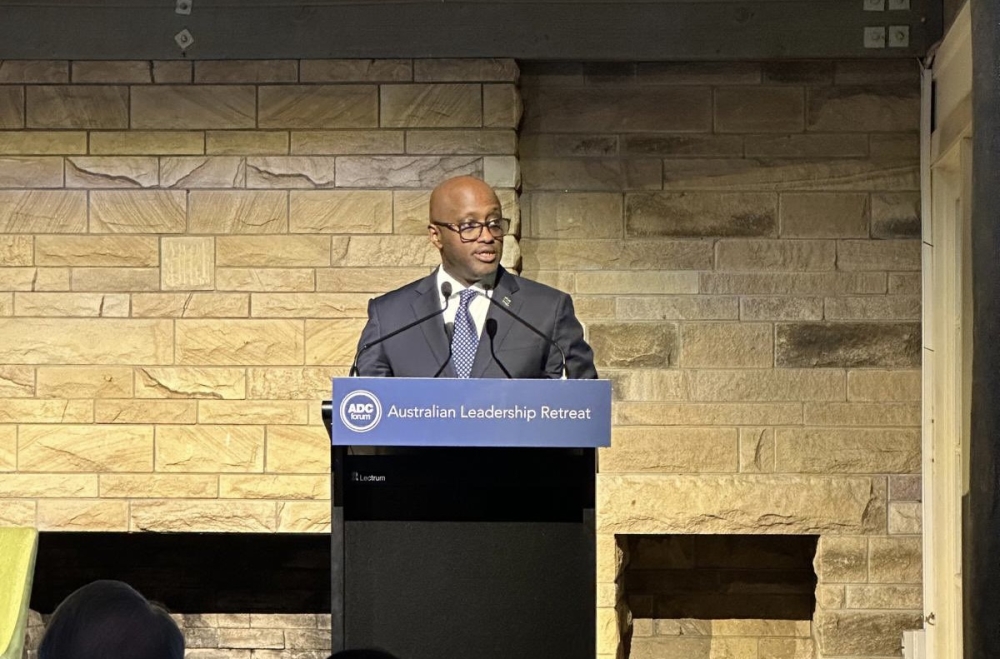Paradigms are perceptions of what we think, the way you see something, your point of view, frame of reference or belief. For most of us they are way off the mark and as a result they create limitations.


Paradigms are perceptions of what we think, the way you see something, your point of view, frame of reference or belief. For most of us they are way off the mark and as a result they create limitations.
Paradigms are like glasses, when you have incomplete paradigms about yourself or life in general it’s like wearing glasses with the wrong prescription.
That lens affects how you see everything else, so what you see is what you get. Stop right now and consider this question: Are your paradigms of self helping or hindering you?
There was a certain lady returning to Rwanda from a long stay in Europe and found herself with a time to spare at London’s Heathrow Airport. Buying a cup of coffee and a small package of cookies, she staggered laden with luggage to an unoccupied table.
She was reading the morning paper when she became aware of someone rustling at her table. From behind her paper she was flabbergasted to see a neatly dressed young man helping himself to her cookies.
She did not want to make a scene so she leaned across and took a cookie herself. A minute or so passed. More rustling. He was helping himself to another cookie.
By the time they were down to the last cookie in the package, she was very angry but still could not bring herself to say anything. Then the young man broke the cookie in two pushed half across to her, ate and left.
Some time later when the public –address system called for her to present her ticket, she was still fuming. Imagine her embarrassment when she opened her handbag and was confronted by her package of cookies. She had been eating his.
Consider this lady’s feelings toward the young man before the turn of the event "what a rude, presumptive young man”. Imagine her feelings after; How embarrasing, it was so kind of him to share his last cookie with me!”
So what’s the point? It’s simply this. Our paradigms are often incompletely messed up.
Therefore, we shouldn’t be so quick to judge, label or form rigid opinions of others, or ourselves for that matter. From our limited points of view, we seldom see the whole picture or have all the facts. If you look closely, you’ll find that most of your problems (with relationships, self image, attitude) are as a result of a messed up paradigm or two.
Most important, it’s obvious that if we want to make big changes in our paradigms, or the glasses through which we see the world. Change the lens and everything else will follow.
The author is a student at Sonrise High School.




